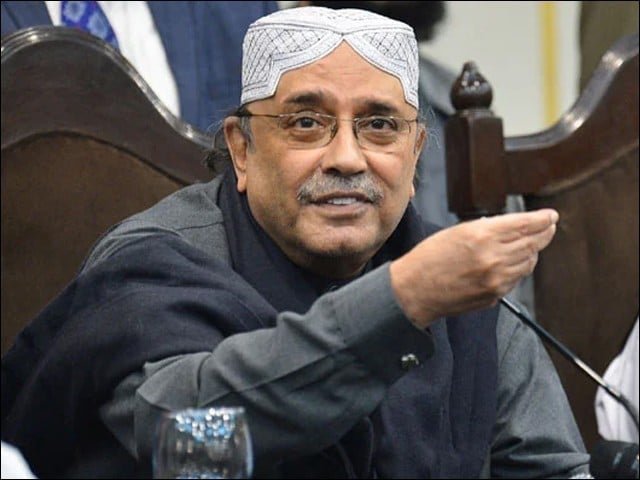Pakistan’s Finance Minister emphasized the government’s commitment to staying the course of essential reforms, with the aim of making the ongoing International Monetary Fund (IMF) programme the last one for the country. Speaking at a briefing to the National Assembly Standing Committee on Finance, the minister underlined the importance of continuing reforms in key areas such as taxation, energy, state-owned enterprises (SOEs), and public finances. These reforms are seen as vital for long-term economic development and to address the challenges posed by Pakistan’s growing economic instability.
The committee, chaired by Syed Naveed Qamar, discussed Pakistan’s commitments to the IMF, particularly in relation to fiscal policy, governance, and other structural benchmarks. The meeting also delved into the specifics of revenue measures, with a particular focus on the implementation of agricultural income tax reforms. In light of the sensitivity of the topics, part of the session was held in-camera to allow for confidential discussions.
The finance minister provided an update on the country’s economic progress, highlighting a shift from deficits to surpluses in key accounts, such as the primary and current accounts. Foreign exchange reserves have improved and now cover about two and a half months of imports. The government has made strides in stabilizing the currency and controlling inflation, which has significantly dropped from 38% to below 5%.
However, the finance minister cautioned that without addressing Pakistan’s growing population, these economic reforms may not yield long-term results. He pointed to population growth as one of the biggest threats to economic stability and warned that controlling it should be a priority.
Further, he discussed Pakistan’s partnership with the World Bank on a 10-year climate change programme, aiming to address urgent issues like child stunting, climate change, and sustainable development. The minister also emphasized the importance of continued energy reforms and meeting the IMF’s targets related to privatisation and rightsizing.
A major topic of discussion in the committee was the role of provincial governments in achieving the targets set by the IMF. The committee raised concerns about the potential impact of tripling agricultural income taxes but also recommended incentivized reduced rates to improve tax compliance. The finance minister reassured the committee that he would engage with provincial authorities to find a balanced approach to expanding the tax base.
The committee also reviewed some missed targets, including tax revenue goals and spending on health and education. They discussed the 22 structural benchmarks outlined in the IMF programme, with the federal government responsible for 18 and the State Bank for four. Additionally, the committee was informed that gas supply to captive power plants would be stopped as part of ongoing reforms.
4o mini
















